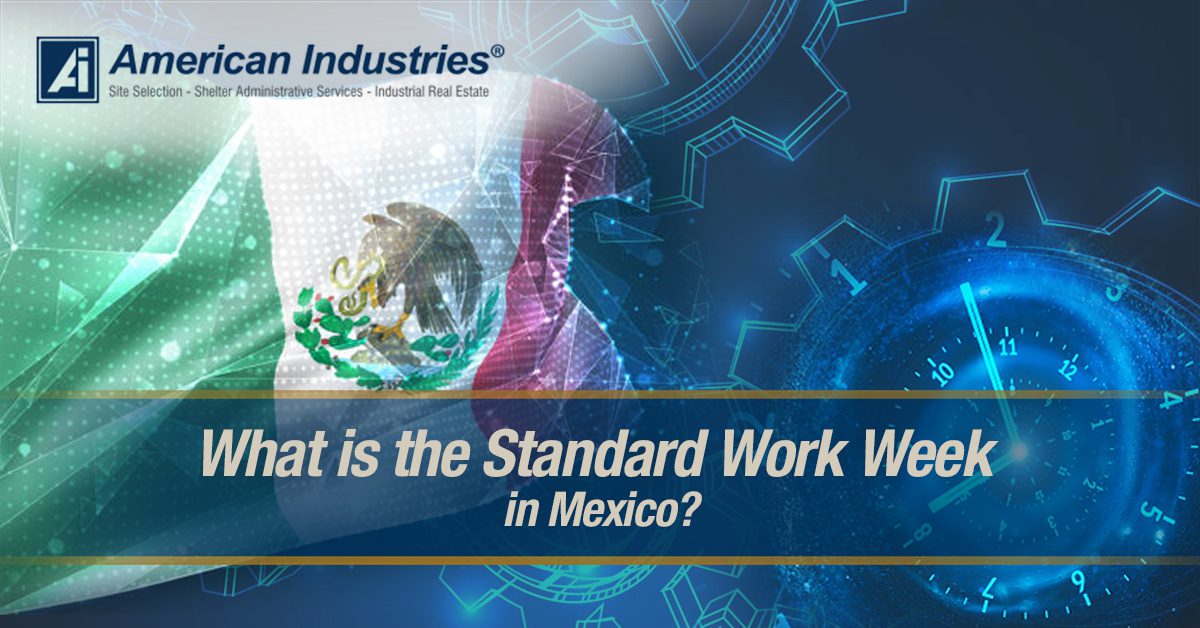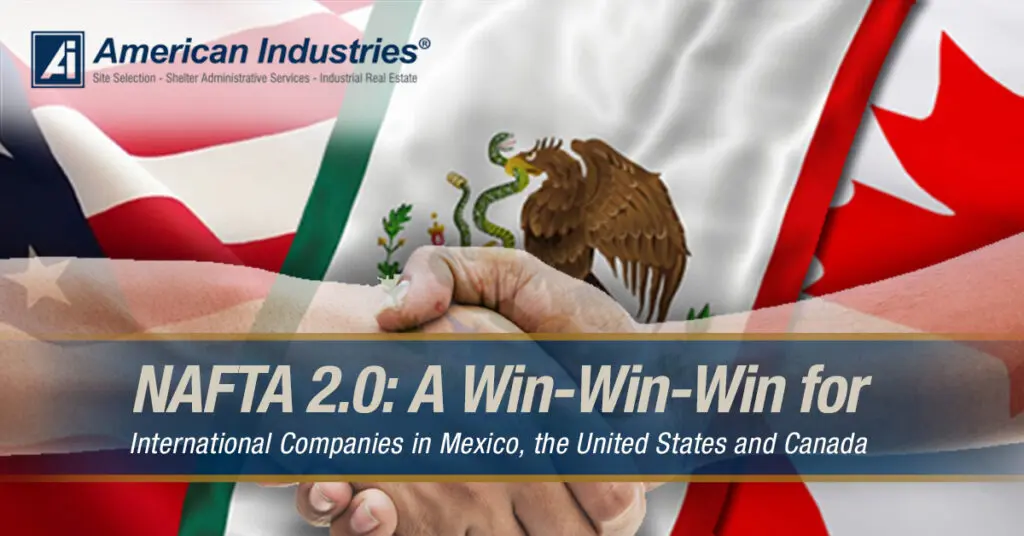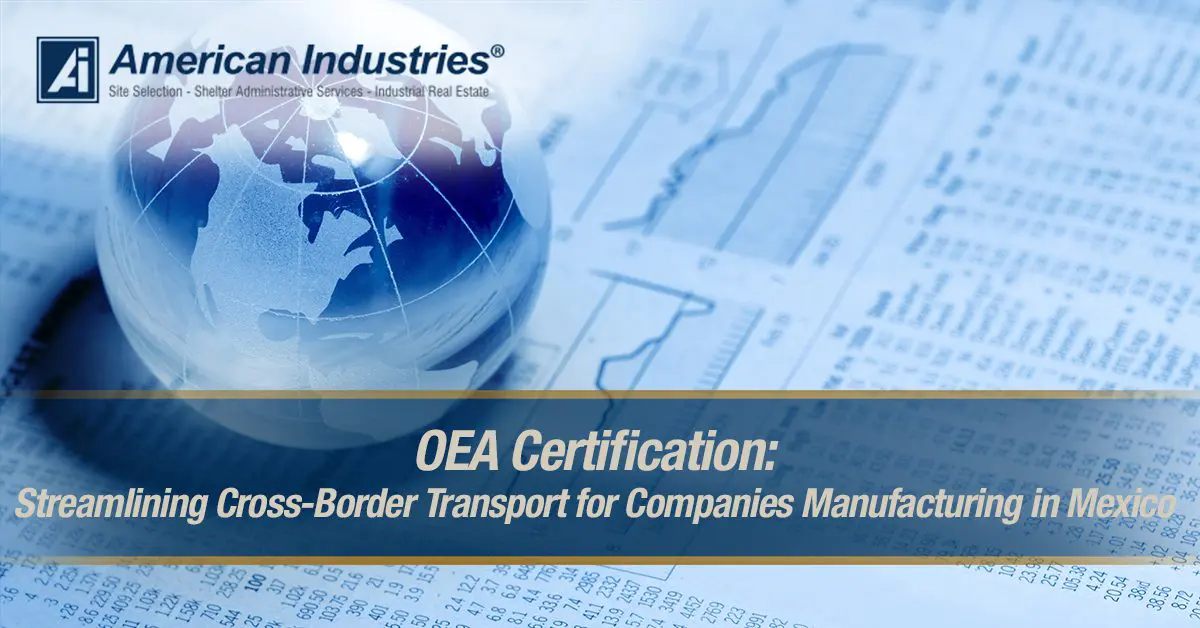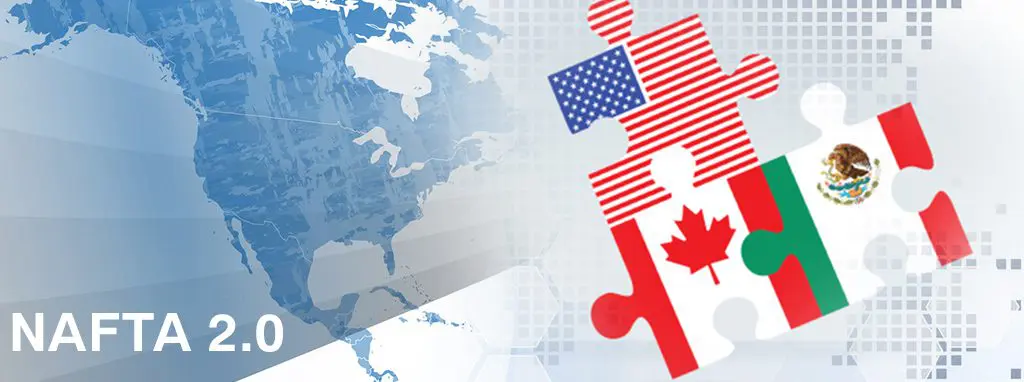

NAFTA 2.0: A Win-Win-Win for International Companies in Mexico, the United States and Canada
The new trade agreement—referred to in the US as the United States-Mexico-Canada Agreement or USMCA, in Canada as the Canada-United States-Mexico Agreement or CUSMA, and in Mexico as the T-MEC (it’s acronym in Spanish)—will officially enter into force on July 1, 2020. It replaces and updates the North American Free Trade Agreement or NAFTA from 1994, which had become outdated and restrictive to the cross-border flow of goods, money and information. The new agreement offers many benefits to all three countries and will play a key role in the economic recovery taking place as the effects of the Coronavirus pandemic subside.
Though it took over two years to negotiate, the parties were able to establish a number of provisions that will promote cross-border investment and production by providing greater certainty and security to investors, services providers, consumers and producers. Some of the most important provisions in the agreement are aimed at promoting trade by reducing paperwork and red tape at the border and making customs regulations available online, consequently lowering costs and increasing predictability for cross-border transactions. It also raises the “de minimis” customs thresholds, which will help companies, especially small and medium-sized ones, by allowing small shipments to pass through customs with reduced paperwork and free of duties or taxes.
Other key provisions are related to guaranteeing and ensuring enforcement of environmental regulations and the rights of workers and unions. Part of this includes a system for monitoring and expediting enforcement of labor rights to guarantee effective implementation of Mexico’s historic labor reform. Similarly, it contains the most progressive, broad, and highest-standard chapter on the environment of any trade agreement. The agreement places both of these issues at the center of the agreement and makes them enforceable.
Another key provision is the dispute settlement chapter, which establishes a binational, impartial and equitable mechanism for resolving trade issues. This aspect in particular is a great improvement from NAFTA, which had an ineffective system for resolving disputes as it allowed any of the three parties to block the process.
The agreement also modifies the rules of origin offering important advantages to the automotive industry, including increases in North American content requirement for vehicles and auto parts. Passenger vehicles and light trucks will now need to contain 70% of steel originating in North American, creating new opportunities, especially for Mexico.
It will also provide a boost for tech companies by implementing new rules for the digital economy and developing tools to promote competitiveness, training and increased participation of businesses, entrepreneurs and small businesses in value chains along with enhanced intellectual property protection.
Overall, the agreement will help to not only bring the three countries out of the economic slowdown of the last few quarters but also remove barriers for the establishment and development of manufacturing, auto makers, and tech and financial companies, making trade flows and investment more secure, reinforcing regional competitiveness and supply chain integration.
By Alejandro Lara Cruz | Board Member | American Industries Group®
Subscribe
US toll-free: +1 (877) 698 3905
CAN toll-free: +1 (844) 422 4922
start@americanindustriesgroup.com
Please note that we do not accept job applications here. If you are interested in applying for a position, please visit the following link: https://www.americanindustriesgroup.com/jobs/
Related posts








